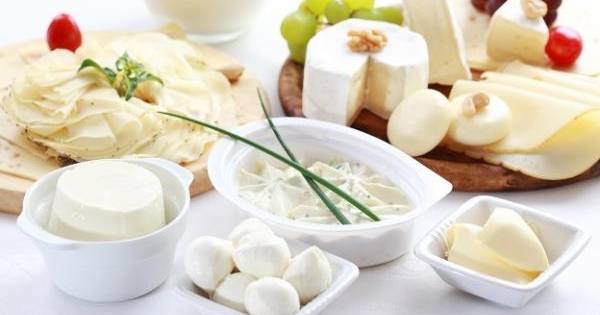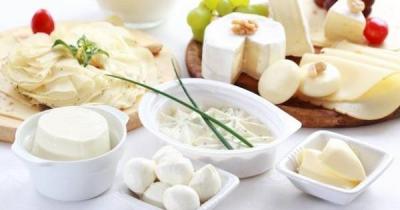The discounted offers on labneh have raised suspicions, especially since the price of milk is very high. How could one kilogram be priced at 45,000 Lebanese lira? However, the promotional price for labneh in some shops in Nabatieh did not exceed 45,000 lira per kilogram, while the price for a sealed package weighing less than a pound exceeds 90,000 lira. The increase in these offers, alongside the discovery of spoiled labneh in several Lebanese towns, prompted the Ministry of Economy's inspectors to conduct spot checks on numerous shops and stores in various towns in the Nabatieh region, taking samples to ensure their safety.
The Ministry of Economy intensified its inspections, as citizens' health is at risk and food safety is compromised, said the head of the Economics Department in Nabatieh, Muhammad Baytar. He confirmed that the monitoring rounds would continue "because these offers are suspicious," announcing that samples from various dairy and cheese factories, as well as samples from supermarkets, had been taken for food safety testing in one of the laboratories belonging to the Ministry of Economy to ensure compliance with food safety standards.
Even labneh and cheese are affected by corruption, and most are now non-compliant with food safety standards. Many citizens have fallen victim to these products and found insects in some of them, but they simply discarded them and stopped shopping there. This situation has allowed food traders to continue jeopardizing people’s health under the guise of "crazy offers."
Traders are aware that citizens are looking for "cheap" options, and they know well that consumers seek affordable labneh and cheese to feed their children. This has led them to offer unbranded products bearing strange and unusual names at very low prices, justifying their offers with the phrase “we are supporting the people.”
Salwa confirmed that she bought labneh from a well-known shop with offers on labneh and cheese in the Nabatieh area, thinking she saved money, only to find a fly inside, and the taste was strange, prompting her to throw it away. She didn’t know that she should have reported it to the Ministry of Economy or subjected it to a test. All she did was stop buying from the store... Salwa advises everyone not to rush into buying unverified food products, labeled as "local," knowing that all the products on store shelves are non-compliant with the standards and asking, “Who protects people's health from danger?”
Moussa nearly died from poisoning; he bought cheap white cheese from one of the stores at an enticing price, saying, “A kilogram of double cream for 85,000 when its price exceeded 180,000 lira.” He confirmed that he spent more than two million lira just on his emergency room visit and medication "because I chose to buy cheap cheese from a 'cheap' trader who seeks to profit at the expense of our health." Moussa affirmed that many of his acquaintances have been poisoned due to labneh and cheese of unknown origin and acknowledged that traders are seeking profits, even at the expense of citizens' health. They play on people's poverty, luring them with limited-time offers on labneh, prompting the consumer to buy without realizing that these are compromised products.
Baytar insists that “the rounds of the Economy Ministry are vigilant and will not compromise on people's health in this difficult circumstance,” noting that any sample taken that does not meet standards will result in the shop owner being publicly named and held accountable. The economic crisis has introduced strange and unusual brands into circulation that would not have spread across shelves if strict oversight were in place. "The health of the citizen is not a commodity for sale," says Baytar. Will these criminals be held accountable before someone dies from their spoiled goods?




